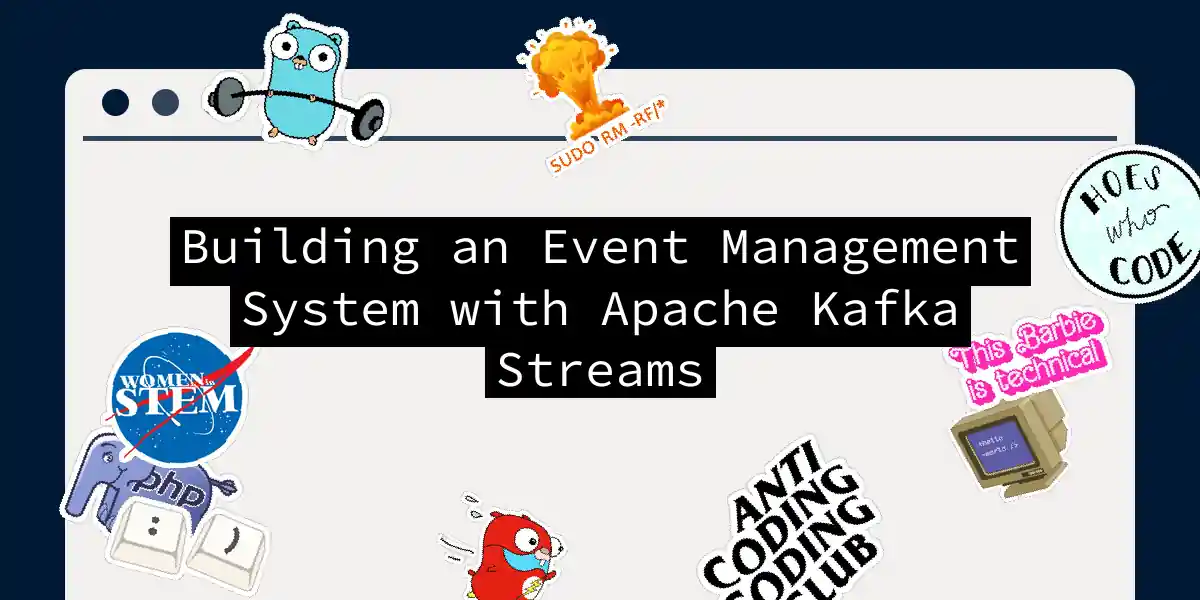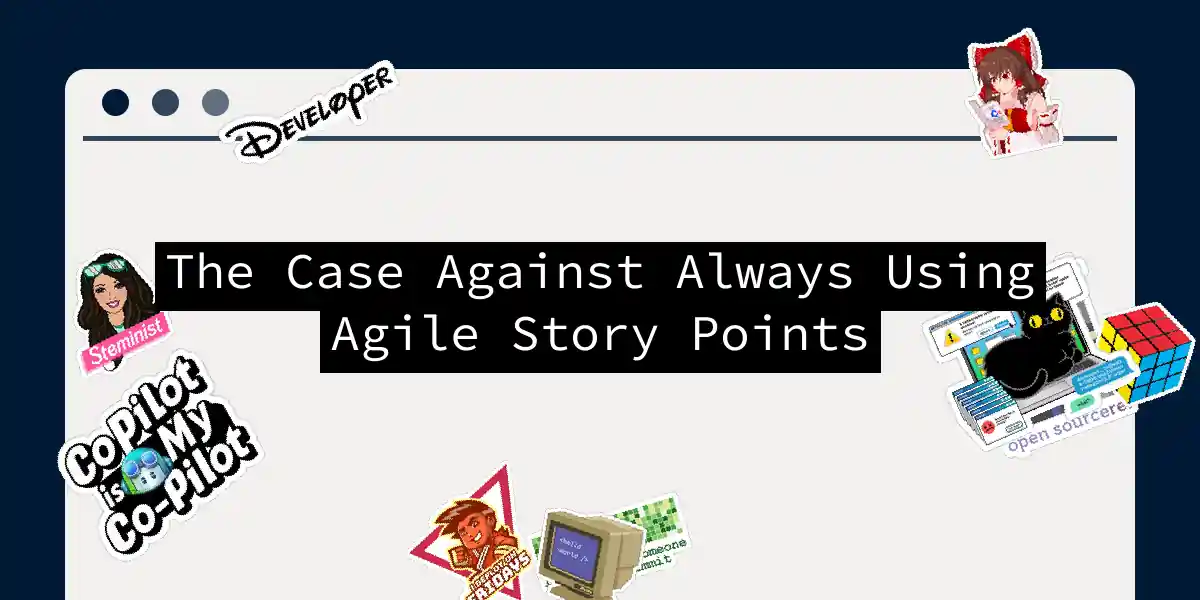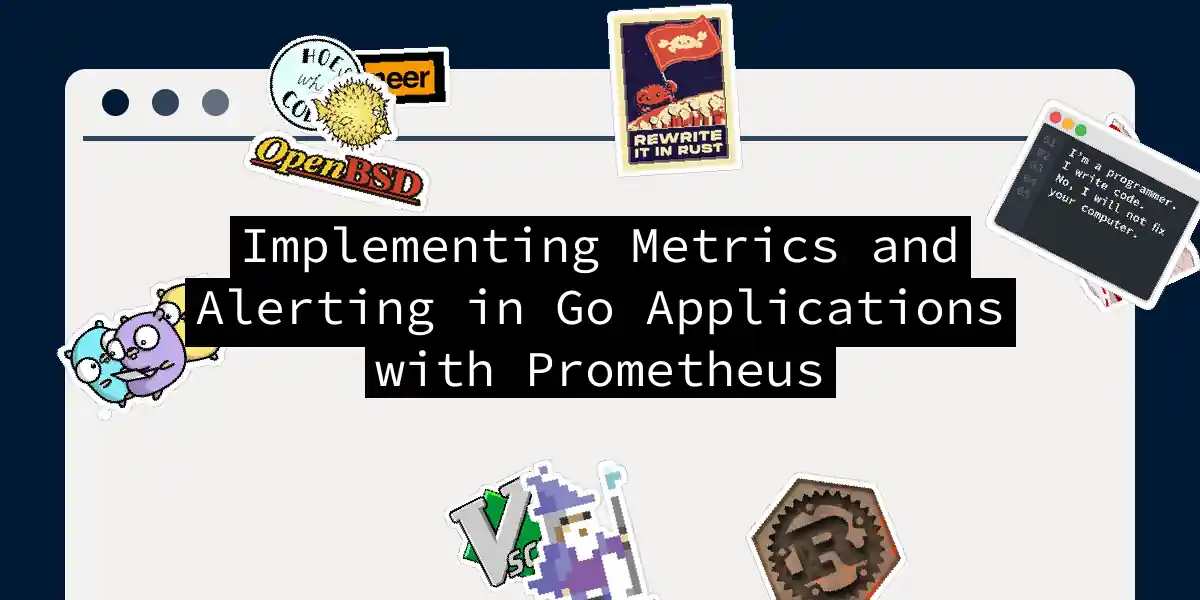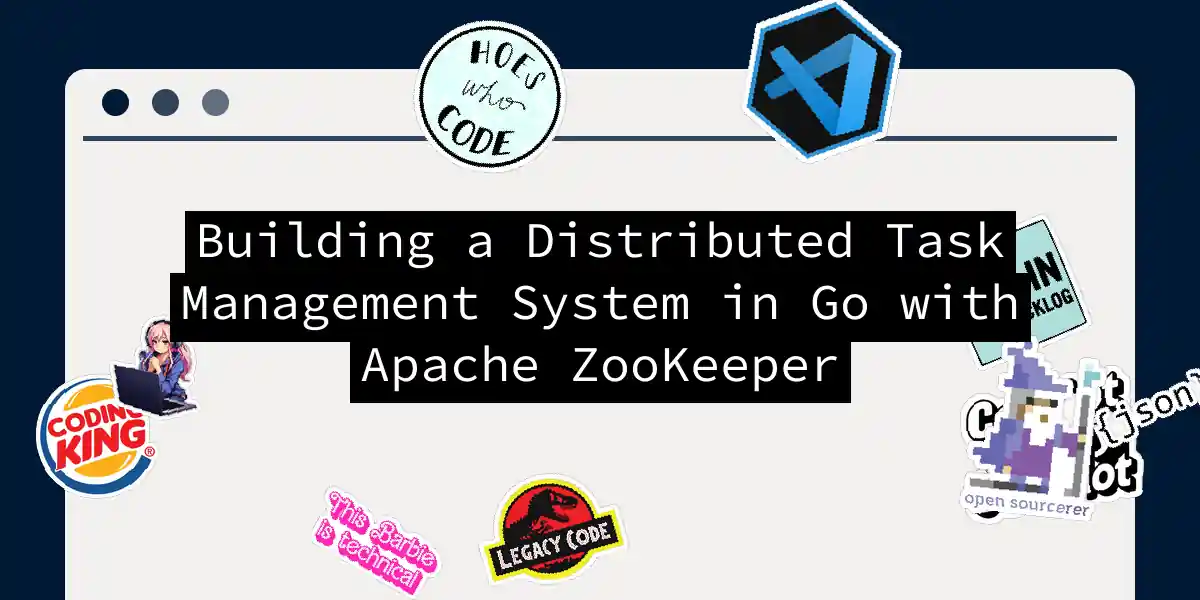
The Fallacy of 'Always Use a Headless CMS': When Traditional Wins
The Allure of Headless CMS: A Critical Look In the ever-evolving landscape of content management systems (CMS), the debate between headless CMS and traditional CMS has been a hot topic. While headless CMS has gained significant traction for its flexibility and scalability, it’s crucial to acknowledge that it’s not a one-size-fits-all solution. Here, we’ll delve into the scenarios where traditional CMS might be the better choice, and why the mantra of “always use a headless CMS” can be misleading....



